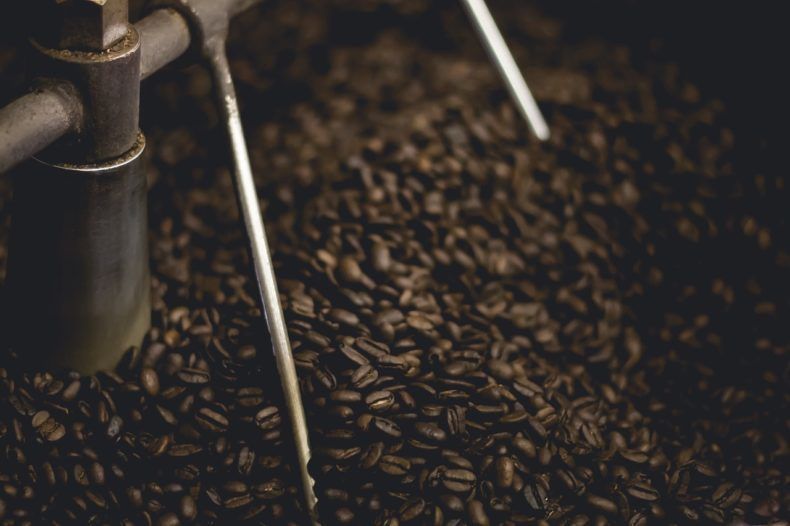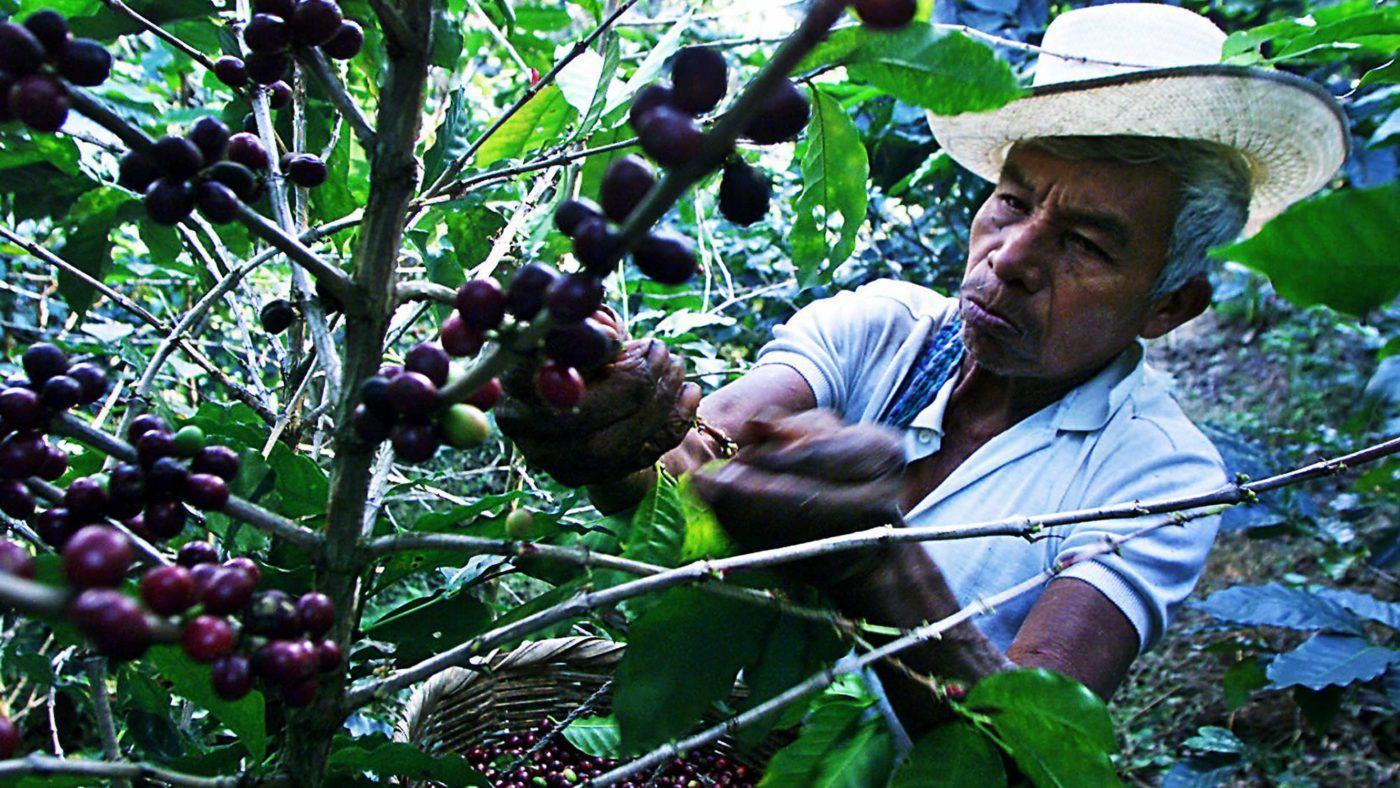Where does your beloved morning cup come from? As the number of coffee lovers grows, it would be humbling for one to take a quick pause and ponder about the origin of their favorite drink. For once, having an idea of its origin can open your eyes about several aspects of the cup. For instance, you may get to understand how and why it tastes, smells, and feels like it does while in the cup or when you swirl it down your throat. Or, haven’t you noticed some varieties of coffees you come across have distinct characteristics?
The origin of different coffees
Coffee is one of the most famous beverages in the world today. About 2.25 billion cups are sold around the world each day. Though the highest consumers of this beverage are in the developed countries, 90 percent of the world’s coffee production takes place in developing countries. In fact, many of these coffee farms are owned by families living in poor rural areas. These families rely on coffee farming as their major source of livelihood.
The best quality of coffee comes from areas that experience tropical climates. It will require rich volcanic soils and high altitudes to produce good quality beans. These farmers make sure to hand-pick the beans at their peak ripeness to maintain utmost quality. Some leading producers of coffee in the world include Asia, Brazil, Africa, Arabia, and Latin America.
Coffee beans of different origins differ in taste and quality. This is because the altitude, soil type, topography, climate and other geographical features of different coffee growing areas are distinct. Other factors that will affect the quality of the end product are farming practices, processing methods, packaging, roasting, and so forth.

Challenges facing coffee production
Coffee growing can be labor intensive. There are numerous demanding practices involved before the product can be taken to the market for sale. Coffee farmers have to prepare their farms, plant, weed, and prune. They need to fertilize, spray, pick, and sort their product to get it ready for market. The plant is also sensitive and leaves no room for automation thus making most of these practices manual.
As mentioned earlier, most of the coffee traded in the world is grown in developing countries. Majority of the farmers are poor and cannot afford enough hired labor to tend to their farms. They end up recruiting their children to help. Sadly, such farmers hardly get the compensation worth their commodity and are almost always struggling to feed, clothe and educate their children especially when the coffee sells below the production cost.
The challenges are fueled by the international buyers and the many middlemen who do not have touch with the real scenario on the ground but only set the prices based on the stock market. There are different institutions that are fostering fair trade in coffee markets by pushing for trading platforms based on transparency, dialogue and respect between the producers and buyers.
How can a regular coffee user help?
In a trading floor where there is equality and openness, it is expected that the farmers will get compensation directly from the buyers, enabling them to take home reasonable proceeds from sales of their commodity. In this case, farmers will enjoy better living conditions and may not require recruiting their children as laborers to make ends meet. Here are some ways to help:
- A typical coffee user can buy a coffee product that has certifications on its packaging to show it was ethically acquired, roasted, and packaged. Some common certifications include UTZ, Fairtrade, and Rainforest Alliance.
- In the case of companies, it is important to seek to support local farmers by buying direct from them and paying fair prices for the product. Also, companies can aid education programs for farmers to understand how they can keep off exploitative channels of selling their product. During such forums, farmers could be sensitized about the need to stop demeaning labor practices like those involving children.
- Individuals should seek to find out where their coffee is sourced. Ask the owners of your favorite café or shop to give such details.
- Raise an alarm if you sense the possibility that coffee you purchase is acquired unethically. Also, speak up against labor exploitation cases related to coffee production chain.
In essence, coffee is one of the vital commodities shaping the global economy. Even with the challenges outlined above, one cannot ignore that it is a valuable agricultural produce both in the world and to the countries producing it. Consequently, it would be helpful to strengthen those forums championing the need for ethical sourcing, fair trade, and other voices geared to making sure all players, especially producers, benefit equally out of coffee trading. If traded fairly, coffee is one commodity that can easily drive its producers out of poverty.


